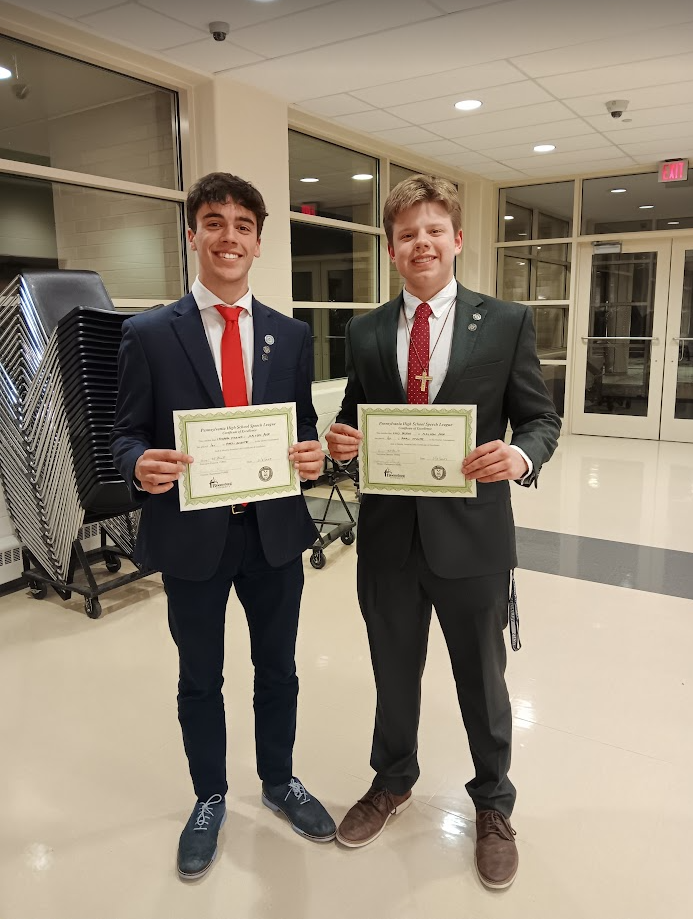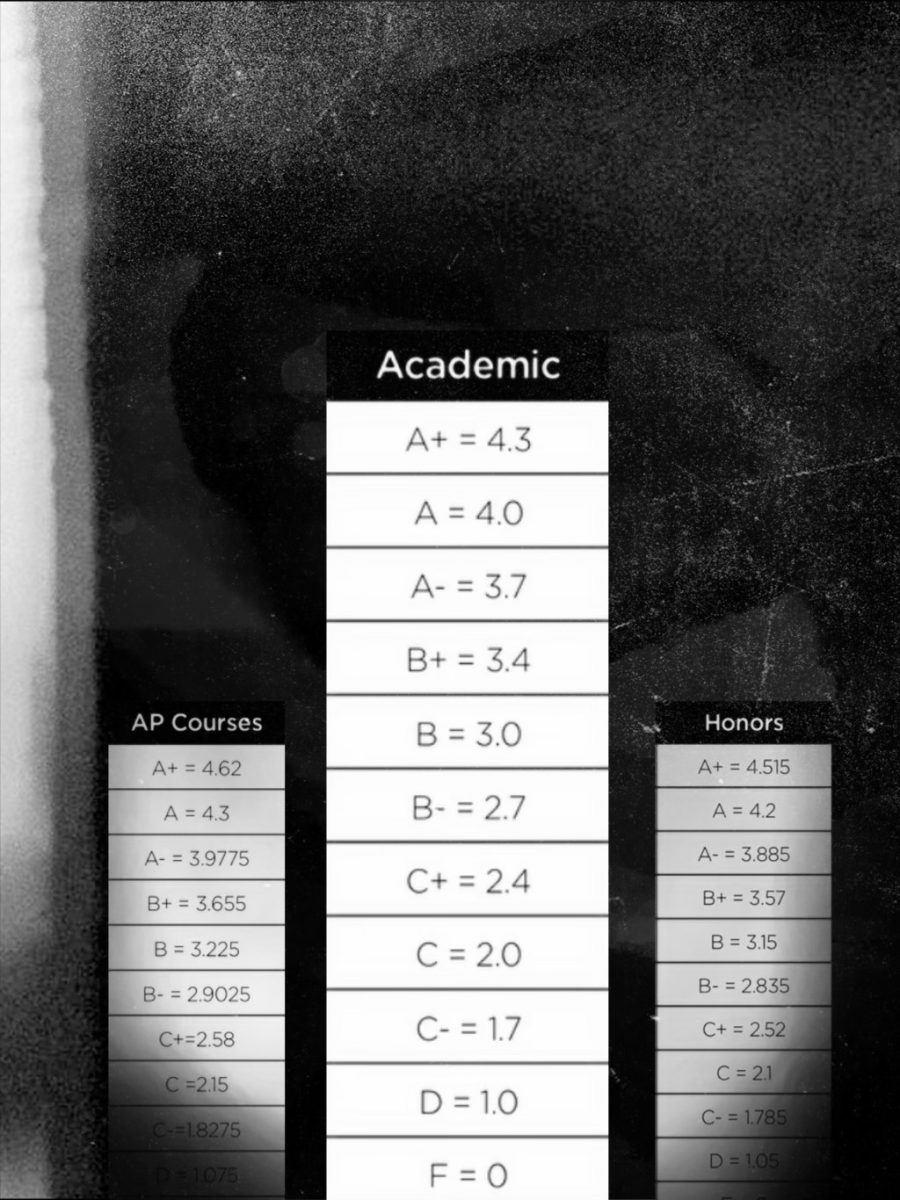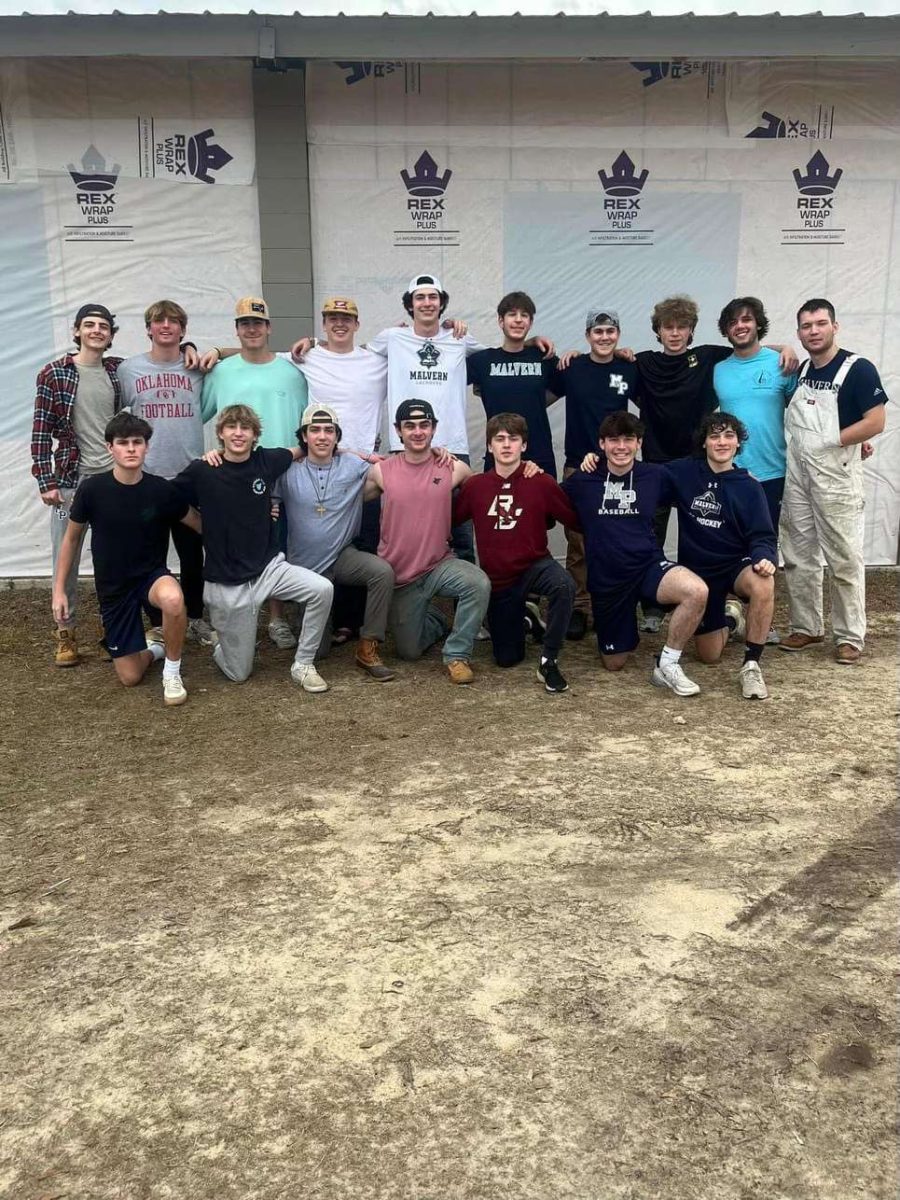Sensitive topics such as race, gender, politics, and religion are becoming more present in the classroom.
Depending on who you ask, the definition of sensitive topics in class can vary. In fact, Malvern’s goal is to reach the point where these once deemed “sensitive topics” are no longer considered taboo, but a functioning aspect of classroom dialogue.
Assistant Director of Admissions and Diversity Mr. Patrick Williams thinks that conversations directed toward topics such as race, gender, politics, and religion are beneficial to learning and development.
“Some people shy away from those topics (race, gender, politics, and religion) as a way to avoid arguments, but I like to take the opposite approach on that,” Williams said. “I think that those types of conversations breed the best relationships. What we are working towards is learning the skills to have those sensitive topics discussed that will really grow relationships and help us grow as individuals and a community.”
Religion can be one of the hardest to navigate. Theology teacher Mr. Alex Haynie said that almost everything regarding religion could be considered sensitive to some people. However, he wants to create an environment that allows everyone to benefit.
“There are some kids who are Catholic, Protestant, some Christian, some aren’t Christian,” Haynie said. “So what I try to do is generally create a sense of accepting and welcome in the class so everybody’s views are welcomed.”
Williams believes that these religious conversations are beneficial for opposing religions and students sharing the same religious views.
“Conversations about religion can also benefit students who are growing in their faith and have questions,” Williams said. “As a high schooler, if you aren’t questioning aspects of your faith, I’m not sure how engaged one could truly be.”
However, Haynie wants people to know that Christ is the reason for this school. Despite the fact that students and teachers may disagree on some topics, everyone must be respected.
“There’s a sign in each of these buildings on campus that says ‘Be it known to all that Jesus Christ is the reason for this school.’ So clearly the mission of the school is to promote the teachings of Jesus Christ and provide service to others in the spirit of Christ,” Haynie said.
Student Council President Rich Heany commended the way Haynie handles class discussions. “I have taken Mr. Haynie’s class before and from a religious perspective he does a great job of creating a safe environment talk and share ideas about different aspects of our faith,” Heany said. “Kids sometimes have questions about their faith and personally I like hearing their opinions.”
Sensitive topics in class discussion seem to be a key factor in catching students’ attention. According to senior Billy Coyle, topics such as the election and gender relations really spark his interest in his government class.
“Class can sometimes get a little dull but I think everyone gets into the conversations about politics and gender relations,” Coyle said. “[Our teacher] Mrs. Lappas really opens the room up for discussion and allows us to speak and share our ideas.”
According to Mr. Williams, this concept of opening up the room for discussion to engage students is exactly what Malvern is striving for regarding these topics. Eventually, the school hopes to break down these topics from “sensitive” and uncomfortable to more normal and safe to talk about.
Head of the Social Studies Department Mrs. Harriet Lappas agrees with the direction of Malvern’s goals considering these topics. However, she feels that in the recent years people have become so opinionated that is can be hard for people to listen to each other.
“Years ago teaching the same class, not only at Malvern but at different schools as well, there were two sides to every issue, people listened to each other more,” she said. “I’m not saying it’s because it is all-boys or Malvern, I’m saying that it is a product of the world around us.”
Lappas thinks that some of the strong opinions may be related to our political climate. “Maybe it’s a product of Donald Trump and this election cycle that people were so adamant about their own opinion that they never listen to each other and that’s a problem,” she said. “And it’s exactly what is going on in our government. So we are mirroring what’s going on in Congress.”
Williams agreed.
“We tend to listen to rebut, instead of listening to embrace,” he said.
Williams said he loves talking about topics that are sensitive. But from his perspective, many topics aren’t that sensitive. He wants Malvern to take a different approach on the way sensitive topics are viewed in education.
“I love talking and listening about these topics because they can be some people’s stories,” Williams said. “It’s all about how you approach the conversation, if you approach things with the mindset that this is someone’s story and this is someone’s truth, and you are willing to listen from that framework, those conversations become a lot less sensitive.”
Another valid topic that is to be considered sensitive is money. People can be quick to judge someone from a socioeconomic standpoint. Williams mentioned how a mindset of listening and respect towards someone’s socioeconomic status is how progress is made towards making such topics less sensitive.
According to Mr. Williams, it is very important to keep the stereotypes or assumptions made about certain people out of the discussions regarding these topics.
“We tend to not see people as individuals anymore, but rather as groups, and that is where the problem comes in,” Williams said.
The big question is what can Malvern do to create the best environment possible to foster a healthy classroom discussion about these deemed sensitive topics.
In response to these problems, Williams has introduced Cultural Competency and Diversity and Equity Programming to Malvern. The basis of this program is to see each other as a real person, not just a label or group, and just listen to what others have to say.
Williams was hired with the responsibility of inclusion and diversity in Malvern’s admissions. That means that his job includes trying to diversify Malvern racially, ethnically, and socioeconomically. However, this diversity initiative can amplify sensitive classroom topics, and teachers need to learn how to prepare.
Williams and other researched options for training, and their conclusion was to take on a program called the National SEED Project to help the school assimilate to greater diversity, and more potentially sensitive topics in the classroom. SEED stands for Seeking Educational Equity and Diversity.
This is a program that Lappas is all for.
“What it is is faculty getting together and talking about when these things come up in our classrooms and sharing how we handle them,” Lappas said. “That makes people feel good.”
“In my class it comes up so often and is so much a part of what we do that it doesn’t bother me,” she said. “But, for example, a math teacher who usually doesn’t discuss sensitive issues, this year because of the election, I think people felt like they needed to know how to handle it all.”
As the research on this program continued, a new leader training program was implemented. In the training program, faculty spend ten days immersed in diversity training. Malvern initially sent Williams, School Psychologist Dr. Dorothy Sayers, and School Counselor Mrs. Carissa Casey to the leadership training. Since then, other faculty have also participated.
The faculty training is intense, according to Williams. “We meet with the faculty who are a part of each cohort for three hours, ten times throughout the year,” he said. “We talk about sexual identity and orientation, racial ethnic identity, socioeconomic status, religion, ability, appearance, as well a few other topics. We approach this by having you (the teacher) share how these various topics have impacted you personally.”
“The fact of the matter is that we all carry some of these identities,” Williams said.
As a whole, Malvern and its faculty are constantly looking for ways to improve the classroom discussions. However, for this comfortable and open environment to be created, it will take more than just the faculty’s buy in, but the students’ as well.
Senior Mike Fay thinks that the teachers have been handling sensitive topics very well and respectfully.
“Every time a topic has came up along the lines of gender, race, religion, and politics in class the teachers have facilitated a very safe environment for students to speak and share,” Fay said. “I wasn’t aware of this program that Malvern has implemented, but all of the teachers have been very thoughtful towards everyone’s feelings.”






